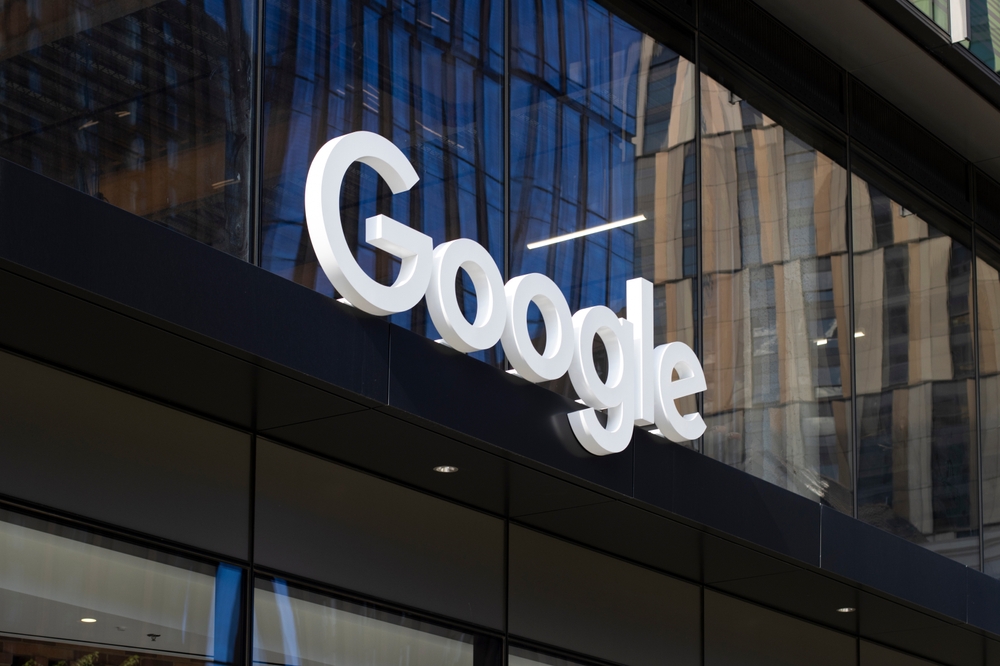Google CEO Sundar Pichai has taken to court to criticize the DOJ’s proposed actions aimed at curbing the company’s search monopoly. The U.S. Department of Justice is seeking to compel Google to share its search index data and ranking algorithms with competitors at minimal cost. Pichai described these plans as extreme and warned that they could threaten the very foundation of Google Search.
“The data sharing proposal is so big, so outrageous,” Pichai said, calling it “effectively an alienation of search” and its intellectual property. He emphasized that Google’s search technology reflects 25 years of innovation and effort. According to him, the proposals would allow competitors to copy the entire tech stack without undergoing similar investment or development.

“If the government is asking for everything to be given away for pennies, it’s not clear how we can justify further investment in innovation,” he stated during the antitrust trial. Google’s legal team added that the company invested around $49 billion in R&D last year alone, covering search, AI, and other projects. They argue that undermining the return on such investments would severely impact Google’s capacity to innovate. Yet we’ll keep you updated as more developments arise.
Search, Chrome, and the Market Debate
The long-standing controversy over Google’s market dominance centers on its strategic partnerships, data access, and extensive resources. U.S. regulators argue that Google has built unbreakable walls through massive financial investments—such as contracts with Apple and deep integration of Chrome—effectively locking out competition in the search sector.
Chrome, in particular, has come under scrutiny, reminds NIX Solutions. The government has suggested Google should be forced to divest the browser. Companies like Yahoo and OpenAI have reportedly expressed interest. However, Pichai defended Chrome’s development under Google’s stewardship, highlighting that the company has invested tens of billions of dollars and contributed more than 90% of the open-source Chromium code. “No one else can care so much about the security and development of the browser,” he noted.
The Future of AI and Search
Artificial intelligence is also a key part of the debate. While Pichai believes AI will reshape Google Search, he dismissed the notion that chatbots would fully replace search engines. He did confirm ongoing talks with Apple, suggesting that by mid-year, Google’s Gemini could become part of the Apple ecosystem alongside ChatGPT.
As the trial continues, the DOJ maintains that only aggressive action can restore fair competition. Google, however, warns that forced technology sharing could halt innovation. “What is the point of investing if our developments will go to everyone?” Pichai concluded.
